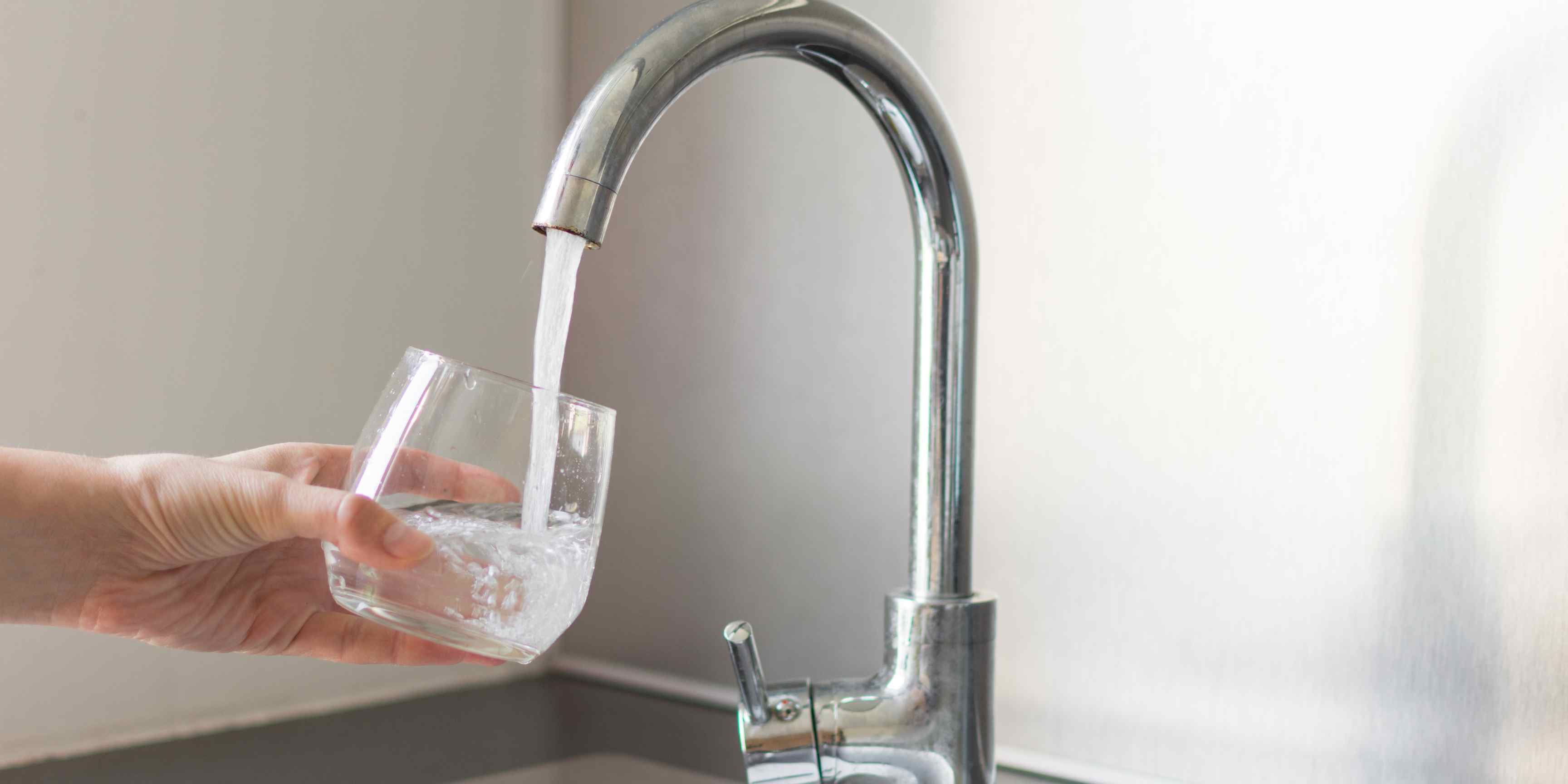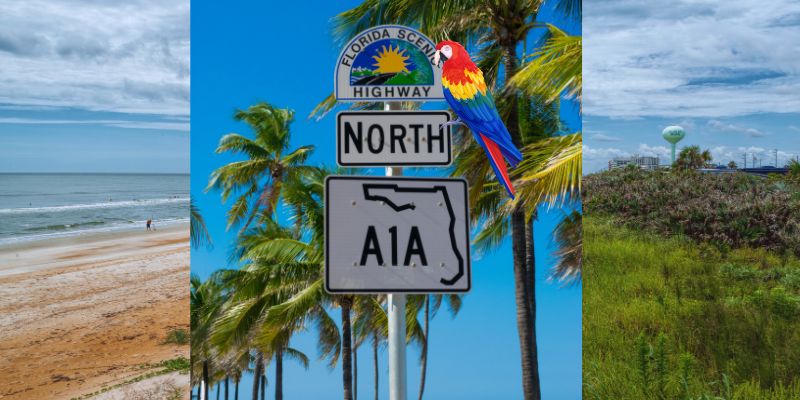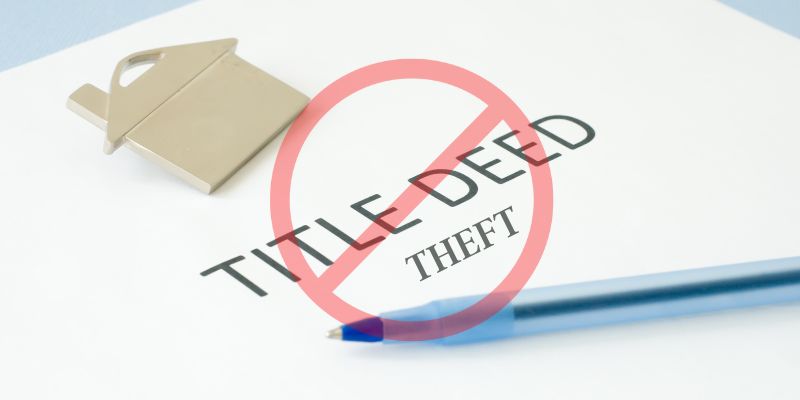
Florida Bill Restricting City Utilities' Charges, Advances
Palm Coast Local
Government
Florida legislation moving through the House would impose constraints on cities with their own utilities regarding charges to customers residing outside city limits and the allocation of funds received from such customers.
Flagler County, an area of roughly 570 square miles - including 85 square miles of water - is comprised of both unincorporated and incorporated areas.
The incorporated area - occupying roughly 48 percent of the land in Flagler County - is comprised of five municipalities: the Town of Beverly Beach, the City of Bunnell, the City of Flagler Beach, the Town of Marineland, and the City of Palm Coast.
Under HB 1277 - Municipal Utilities, the maximum rate that city-owned utilities can levy on non-city residents would be slashed from 50% to 25% of what city residents pay.
Furthermore, any new agreements or extensions for providing utility services outside city boundaries would necessitate a public meeting in the affected area. Cities would be restricted to utilizing only 10% of funds received from external residents for general government purposes, with the remainder earmarked for utility-related investments or refunded to customers.
This legislation would impact the electric utilities of 33 cities statewide, including those serving major populations in Orlando, Jacksonville, and Tallahassee, totaling 3 million Floridians, according to the Florida Municipal Electric Association (FMEA).
Representative Demi Busatta Cabrera, a Republican from Coral Gables who is sponsoring the bill, stated that the aim is to empower external customers to have a voice in determining their rates.
"Currently, what we're experiencing is taxation without representation, and it's simply unfair," remarked Busatta Cabrera.
The bill sailed through the House Commerce Committee with a 14-2 vote (see how they voted) on Thursday, February 15, 2024, marking its progression to the House floor.
Even among its supporters, there were some reservations about the implications of the bill. Opponents are concerned that it could negatively impact city finances.
Ryan Matthews, a lobbyist for FMEA, voiced this concern, stating, "Any decrease in utility revenue, which often serves as collateral for bonds to support capital improvement projects, could pose significant challenges for municipal budgets."
Meanwhile, the Senate has moved forward with a diluted version of the bill. Senate Bill 104 focuses solely on city-owned water and sewer utilities. It mandates that cities with facilities in other municipalities charge identical rates to customers in those areas as they do to their own residents. SB 104 is slated for one more committee review in the Senate before proceeding to the floor.
{ampz:share-now}








